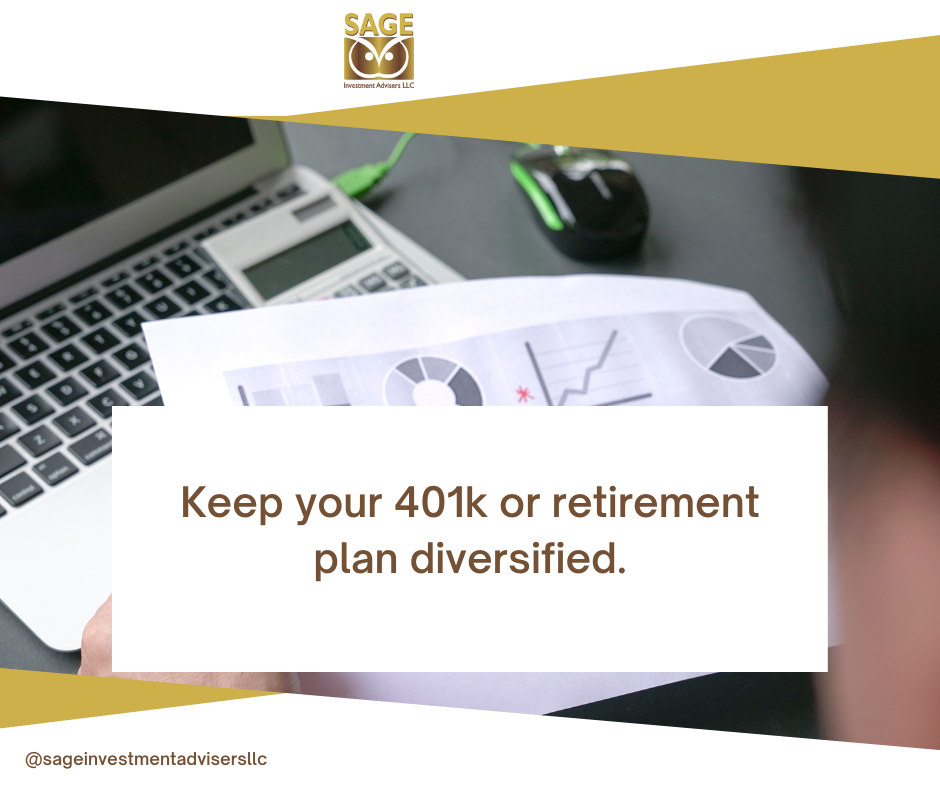5 Questions to Ask When Hiring The Right Financial Advisor
Unfortunately, many Americans do not properly save up enough to survive through their retirement years and many will find themselves having to work later in their years. Investing is one of the best options to help provide you with enough revenue to keep you comfortable throughout your retirement years. Having a professional financial or investment advisor help you grow your nest egg and keep you from making simple mistakes that can cost you from losing your investment. You have the choice of a robo-advisor or someone in person, though, there is no replacing the face-to-face interaction with your financial or investment advisor who can get to know you on a more personal level and better customize investing strategies that will best work with you.
According to a recent survey, financial advisors have become more important over the course of the past decade.1 An increasing lifespan could be one of the many reasons people are more interested in professional help when it comes to effectively managing their money. The survey found that “consumer use of financial advisors has increased from 28 percent in 2010 to 40 percent in 2015,”1 signifying a potential shift in attitude toward financial professionals. And while approximately 30 percent of households have a financial advisor, investors who are nearing retirement are more likely to hire one.2 About 40 percent of individuals in their 60s have a financial advisor.2
An experienced financial /investment advisor can help you set up a customized investment strategy that will include everything from your needs and objectives to your risk tolerance and timeframe. Sage Investment Advisers, LLC located in Poughkeepsie, NY will always meet with clients and ask a series of questions in order to create the right strategy for you. However, before you hire an investment advisor to help you grow your assets, it’s important to ask yourself these five key questions first.
1. How Complex Are My Finances?
While an investment advisor can be helpful in any situation, hiring one is usually more necessary when you have complex issues and questions to sort out. Things like inherited stock, investing the assets of your small business, or retirement distribution strategies require more in-depth insight. Even if you’re simply looking for straightforward advice that you can apply on your own, many financial advisors offer hourly planning advice that could save you some time and money in the long run. Especially if you’re about to experience a transition — such as the birth of a child, a divorce, or retirement — teaming up with an investment advisor can help guide your decisions as you enter new financial territory.
2. How Much Can I Invest?
Before deciding to engage with an investment advisor it’s important to first consider how much money you have to invest. Some financial advisory firms require you to have a minimum amount of "assets under management" (also referred to as AUM) before they will take you on as a client. However, if you find an advisor you really want to work with, it is always worth it to reach out and talk to them, for even if their firm is not a good fit for you, they can often recommend another advisor for you to work with.
In some cases, a robo-advisor may be a better fit, at least until you accumulate enough resources to work with an investment advisor who aligns with your values, needs and goals. However, many financial advisory firms also now offer their own versions of robo-advisors, which are "digital investing platforms" for clients who are still accumulating assets and don't yet meet their AUM minimums. Again, it's worth it to contact the firm in question and find out what they recommend!
3. Do I Need Additional Financial Help?
When looking for someone who can help you invest your money, you can either hire someone who purely specializes in investment management, or you can find someone who offers comprehensive financial planning services. Because comprehensive financial planning involves investing, some may argue that finding a professional who provides this comprehensive style will give you more value for your money. However, if you’re more of a DIYer, it might be worthwhile to simply find someone who can manage your investments. When in doubt, interview a few professionals to gain a better understanding of their services.
4. What Are My Goals?
This may seem like an obvious question, but some people overlook this critical question and end up in an undesirable situation. For example, if you don't have that much to invest and you’re just looking to try out investing and have no concrete plans to continue doing it, then you may want to try a robo-advisor first to get a feel for the market before making a more serious commitment. However, if you’re someone who is certain you want to invest for the long haul, then hiring an investment advisor can give you the accountability you need to achieve your investment objectives. It's always a good idea to identify your expectations of the experience first before you get wrapped up in a long-term commitment.
5. How Much Am I Willing to Pay?
In addition to the potential of losing money in the stock market, you will also incur fees from your investment advisor. Some advisors charge a percentage of your assets under management (AUM), so it’s important to consider how much you’re willing to pay someone to professionally manage your investments. For some people, they would rather save the money and do it themselves. However, an investment advisor is valuable in that they can educate you, as well as apply their knowledge, to help you make smarter investment decisions. At the end of the day, an investment advisor is an investment in itself, so you’ll want to think carefully about what you’re willing to pay for the value they can provide you.
Investing is not only a great strategy to grow your retirement funds, it is also a great strategy to grow your general income. Investing is a great benefit; however, the stock market is not an area to navigate on your own. Working with an experienced and knowledgeable financial/investment advisor will help you to create a custom strategy that will fit your unique investing needs whether you want to build your passive income or utilize investing to take care of you during your retirement years. Be sure to choose a financial/investment advisor who makes you comfortable and meets your criteria.
Remember, the pandemic has made virtual a new frontier that has been helpful, however, you will be missing out on building a more trusting relationship with your financial/investment adviser in person and you can get to better know each other.
Published by Sage Investment Advisers, LLC in Poughkeepsie, NY

Summary: Sage Investment Advisers Named Best Financial Planner in the Hudson Valley 2025 Sage Investment Advisers, LLC, a fiduciary wealth management firm based in Wappingers Falls, has been named Best Financial Planner in the Hudson Valley for 2025 by Hudson Valley Magazine. The award highlights Sage’s trusted approach to retirement planning, investment management, and wealth preservation, serving clients across the Hudson Valley. This recognition adds to the firm’s growing list of honors, including multiple Five-Star Wealth Manager Awards, USA Today’s Best Financial Advisor Firm, and Daily Voice’s Readers’ Choice Award. President Jerry Schuder and Vice President Joe Guarneri credit the achievement to the team’s dedication to guiding clients with integrity and care.


